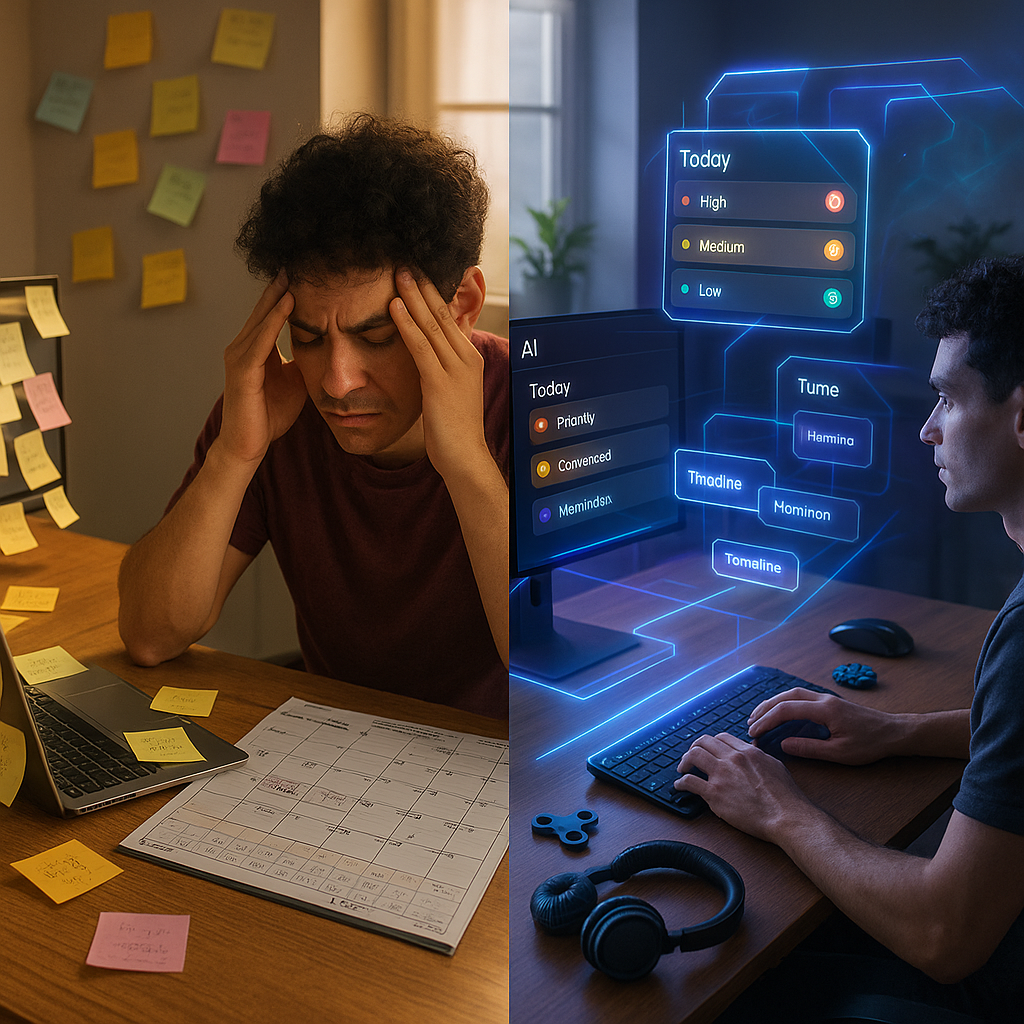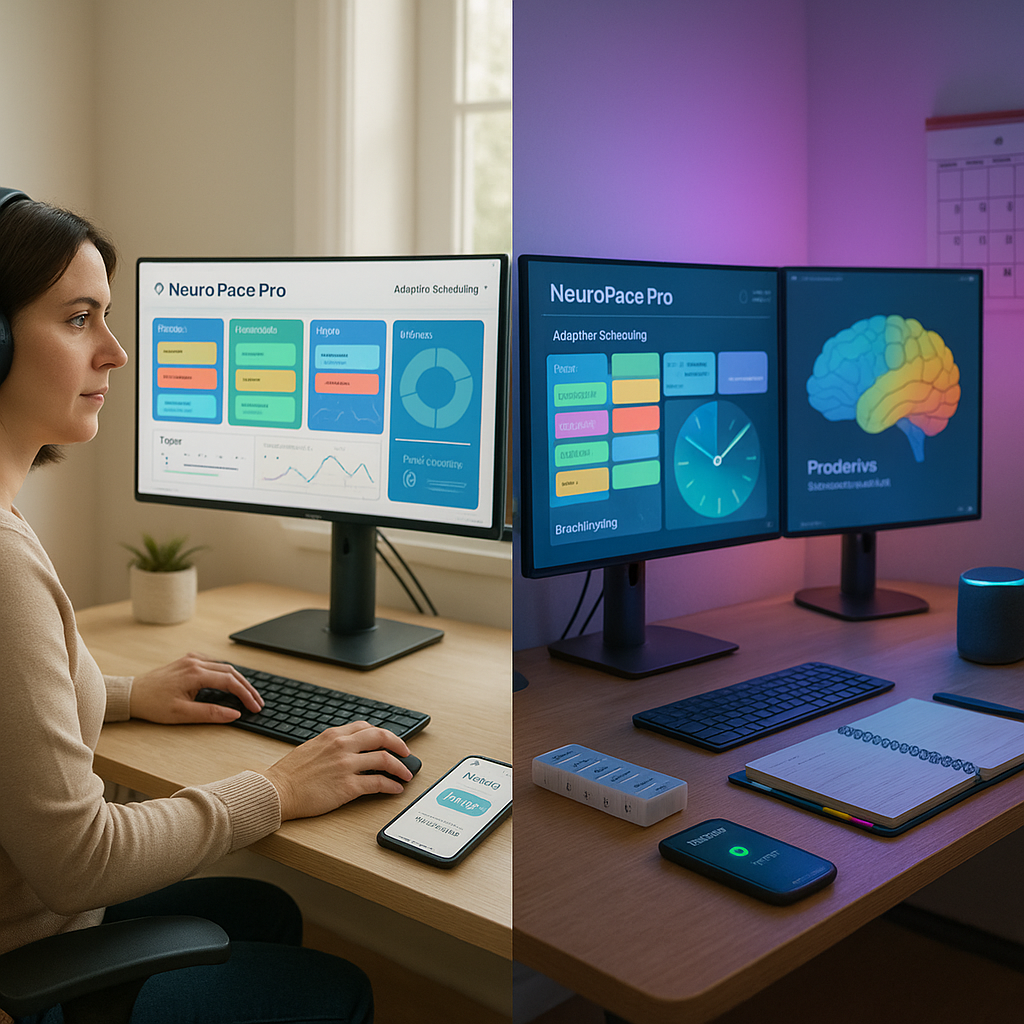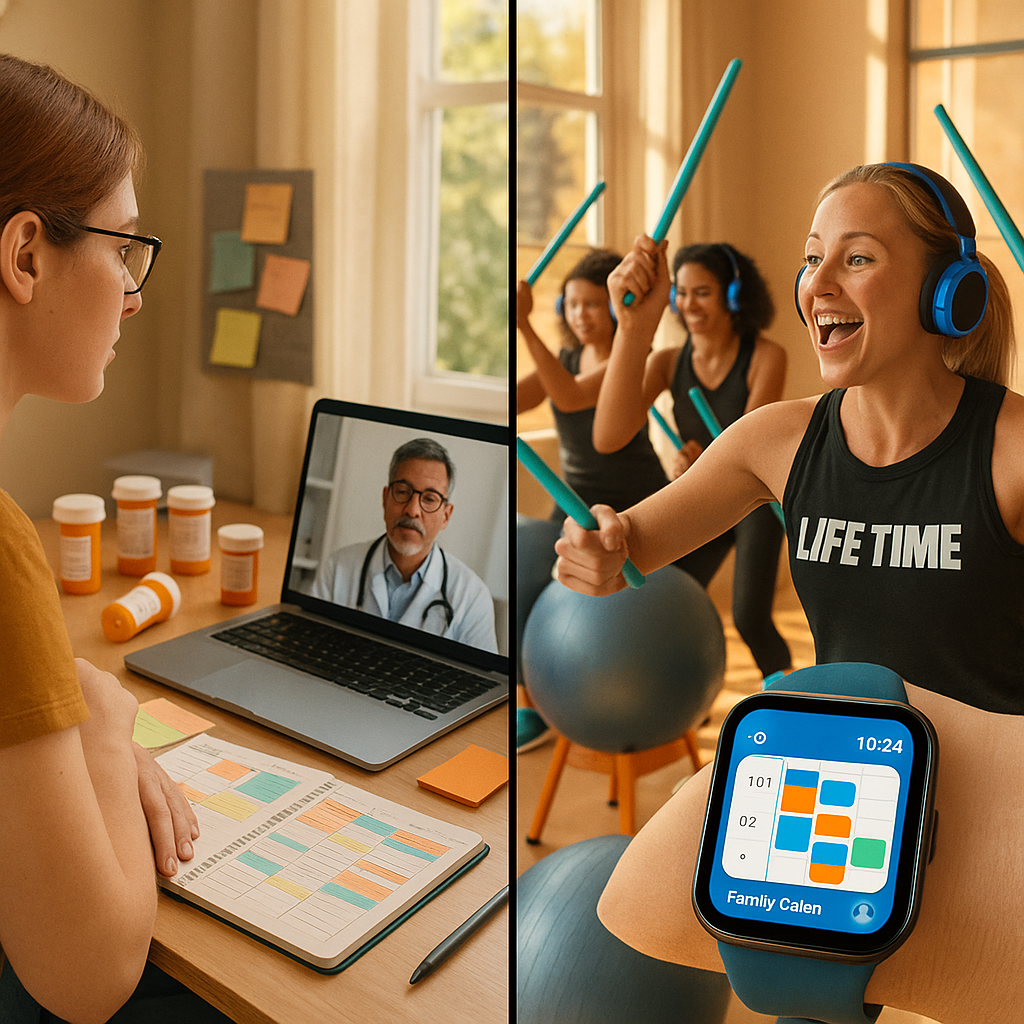Key Takeaways
- AI assistants help neurodivergent professionals break large tasks into actionable steps, reducing overwhelm and distraction.
- Automation enables creators to build reliable routines that keep them on track, even during periods of low mental energy.
- Productivity tools such as calendar bots, smart reminders, and mind-mapping apps adapt to nonlinear thinking styles.
- Integrating AI reduces decision fatigue and frees up energy for creativity, helping prevent burnout.
- Platforms led by neurodivergent founders ensure technology addresses real needs drawn from lived experience.
- Increasing demand is prompting tech companies to design smarter, more intuitive productivity solutions for neurodivergent users.
Introduction
AI-powered tools are transforming the lives of neurodivergent professionals, particularly those with ADHD and autism. By making focus, organization, and routines easier to manage, these platforms allow users to turn chaos into clarity and achieve lasting improvements in business and daily life. As tailored digital assistants and automation support unique thinking styles, neurodivergent minds can access new opportunities to thrive.
AI as a Digital Executive Function Partner
Task management AI tools now adjust to individual executive function styles, moving beyond rigid productivity systems. Platforms use machine learning to recognize personal patterns and modify workflows accordingly.
Apps like Todoist and ClickUp have added AI features that break down complex projects into manageable tasks based on user behavior. These technologies track natural work rhythms and suggest optimal scheduling for tasks.
Sarah Chen, a neurodivergent business consultant, stated that her AI task management tool enhances her work style rather than trying to change it. She explained that it feels like having an assistant who truly understands her brain.
Reducing Decision Fatigue Through Automation
AI-powered automation is reducing the mental energy spent on routine choices. Smart calendaring tools can automatically handle scheduling conflicts and meetings with minimal user input.
Applications such as Motion and Reclaim AI analyze past productivity data to block focus time and recommend the best times for various tasks. This predictive scheduling helps mitigate choice paralysis common for neurodivergent professionals.
Evolving digital workspace tools filter and prioritize information streams, decreasing the cognitive burden of context-switching. By organizing background tasks, AI allows users to concentrate on essential work.
Sensory Management and Focus Support
Modern AI platforms offer configurable environments that accommodate individual sensory needs. Smart noise-canceling systems adjust to block specific distracting sounds while keeping important audio cues accessible.
Visual focus tools use eye-tracking and attention metrics to adapt screen displays in real time. Services like Focusmate and Forest have implemented AI for personalized focus sessions.
These technologies respond to individual stimulation thresholds, striking a balance between structure and flexibility. Such adjustments help maintain optimal attention and engagement.
Communication Enhancement and Social Navigation
AI writing assistants now provide tone analysis and tailored communication suggestions for neurodivergent users. These tools can help navigate social interpretation challenges while preserving authenticity.
Platforms including Otter.ai and Fireflies.ai transcribe meetings and highlight key points automatically, easing the cognitive burden of listening and note-taking. This technology ensures important details are captured even during lapses in attention.
Chat platforms integrate features that suggest clearer phrasing or flag possible misunderstandings before messages are sent. This real-time support helps maintain effective professional communication and reduces social anxiety.
Personalized Learning and Skill Development
AI-driven learning platforms adapt to individual processing styles and interests. By tracking engagement, these systems deliver information in the formats most effective for each user.
Specialized tools break complex skills into microlearning units, enabling learning that suits varied attention spans and processing speeds. AI adjusts challenge levels and provides reinforcement based on personal patterns.
Professional development platforms are including neurodivergent-friendly features like visual mapping and nonlinear progression. This allows users to build skills in ways that align with their natural thinking processes.
Conclusion
AI task and focus tools are becoming more personalized for neurodivergent professionals, combining automation, sensory support, and adaptive learning in daily routines. By conforming to personal work patterns, these platforms reduce decision fatigue, simplify complex projects, and support both productivity and mental energy. What to watch: as these platforms expand features, expect even greater personalization and integration for neurodivergent needs in the year ahead.





Leave a Reply